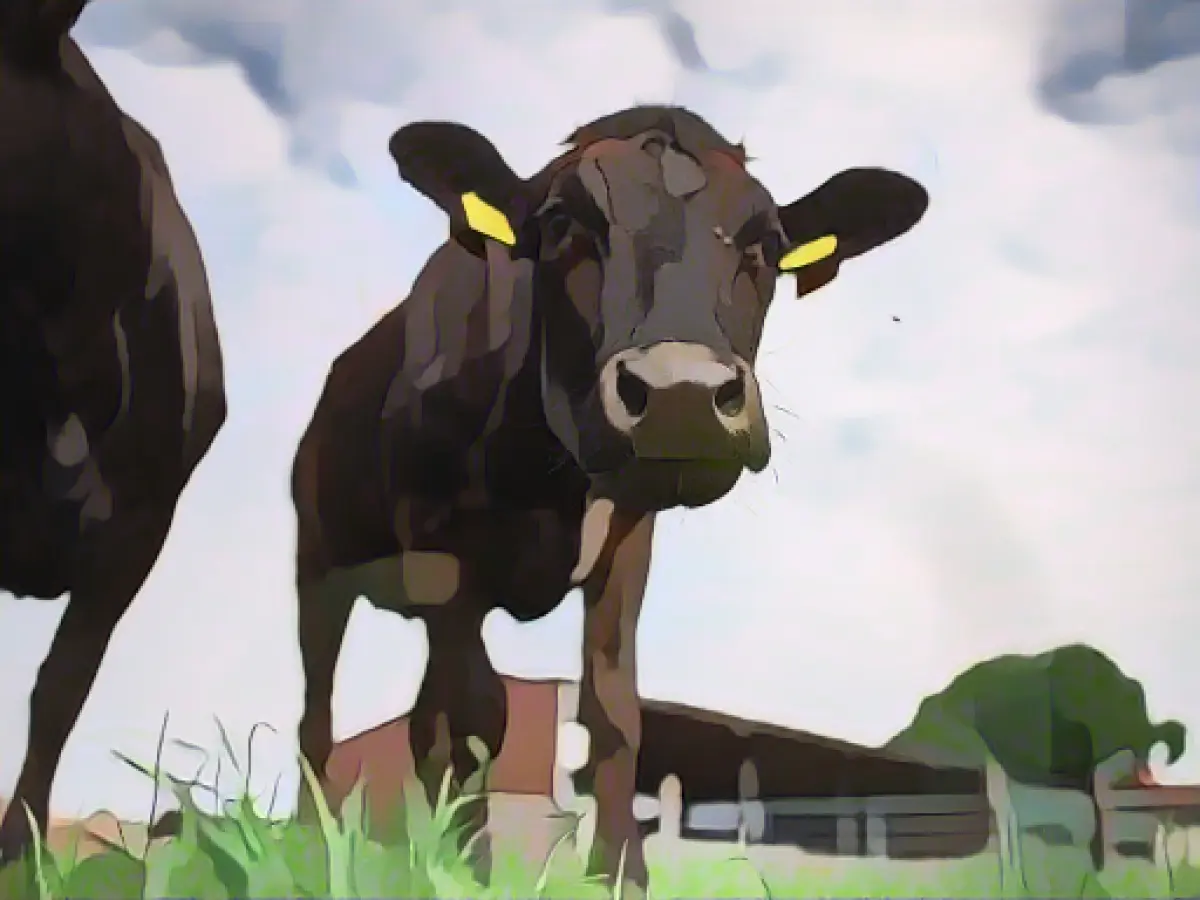Ministry bans cattle transportation to 17 EU third countries
Lower Saxony is significantly restricting the transportation of cattle to non-EU countries. The Ministry of Agriculture in Hanover announced on Saturday that this is intended to prevent conditions that violate animal welfare. Specifically, a so-called "prohibition decree" was sent to the veterinary authorities responsible for handling transports. In it, the veterinary authorities are requested to prohibit cattle transports to a total of 17 countries - including Egypt and Morocco. Most breeding cattle from Lower Saxony to third countries outside the EU were transported to Egypt (4765) and Morocco (2944) in 2022.
The ministry assumes that the cattle in the countries concerned will be slaughtered without stunning sooner or later - regardless of whether they are actually intended for breeding or not. Slaughtering cattle without stunning regularly leads to considerable, prolonged pain and suffering for the animals, it said. In the countries now named in the decree, slaughter without stunning is the usual method of slaughter.
Agriculture Minister Miriam Staudte said in a statement that Lower Saxony's veterinary authorities are obliged to prevent violations of animal welfare law. "In the cases mentioned, this can only be done by prohibiting transportation. There is no milder means for the veterinary authorities to prevent these imminent animal welfare violations," said the Green politician.
The transportation of cattle to third countries outside the European Union has been the focus of attention for some time. Lower Saxony was recently one of the main exporters of cattle to third countries.
Despite the ban on cattle transportation to these 17 EU third countries, controversies surrounding animal welfare persist in the agriculture sector. These countries often rely on non-stunned slaughter methods, which can cause prolonged pain and suffering for animals. Consequently, the priority in Agriculture Minister Miriam Staudte's plan is to protect animals by restricting the transportation of livestock to such countries, where animals may be subjected to inhumane treatment.
Source: www.dpa.com








